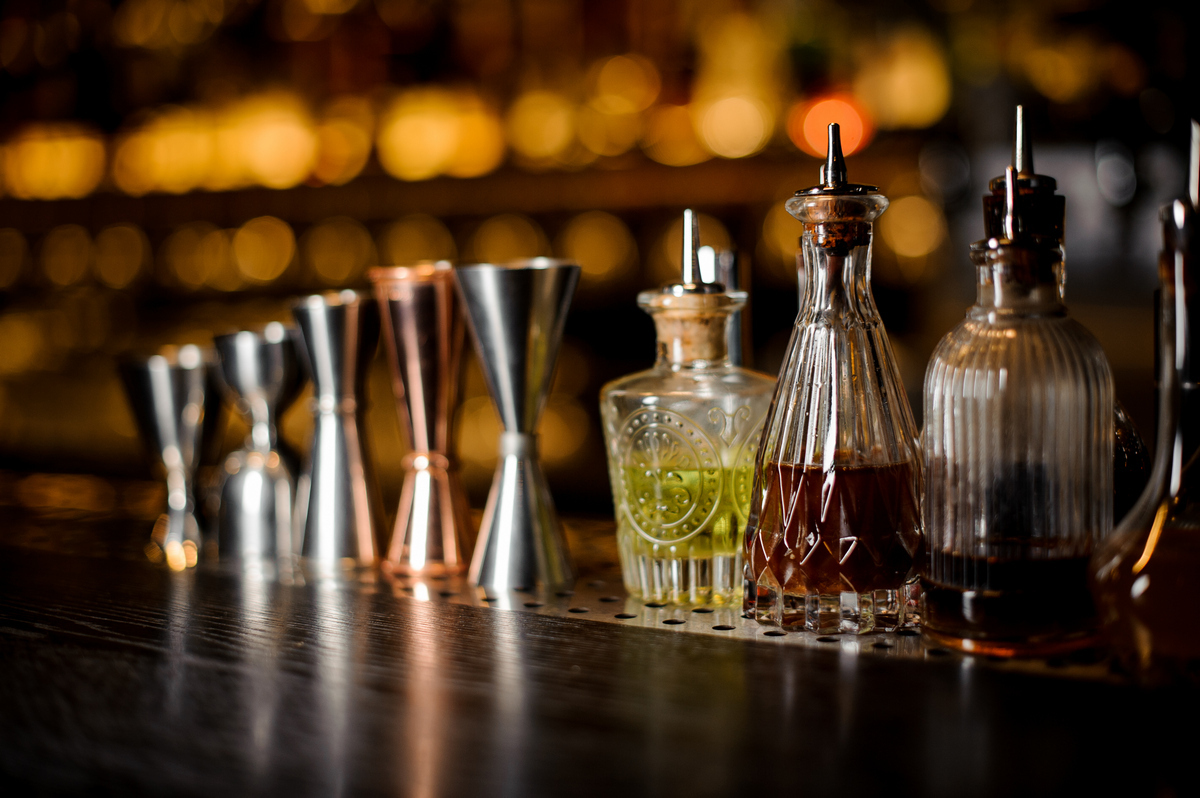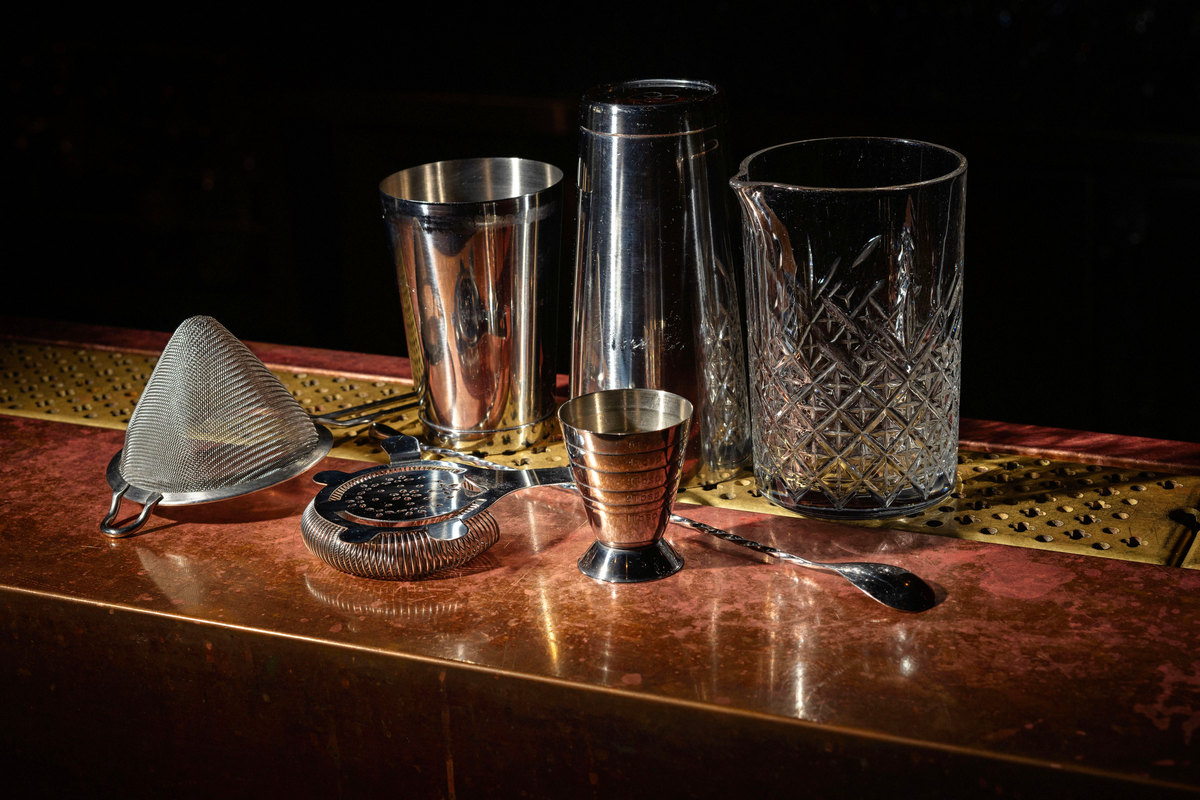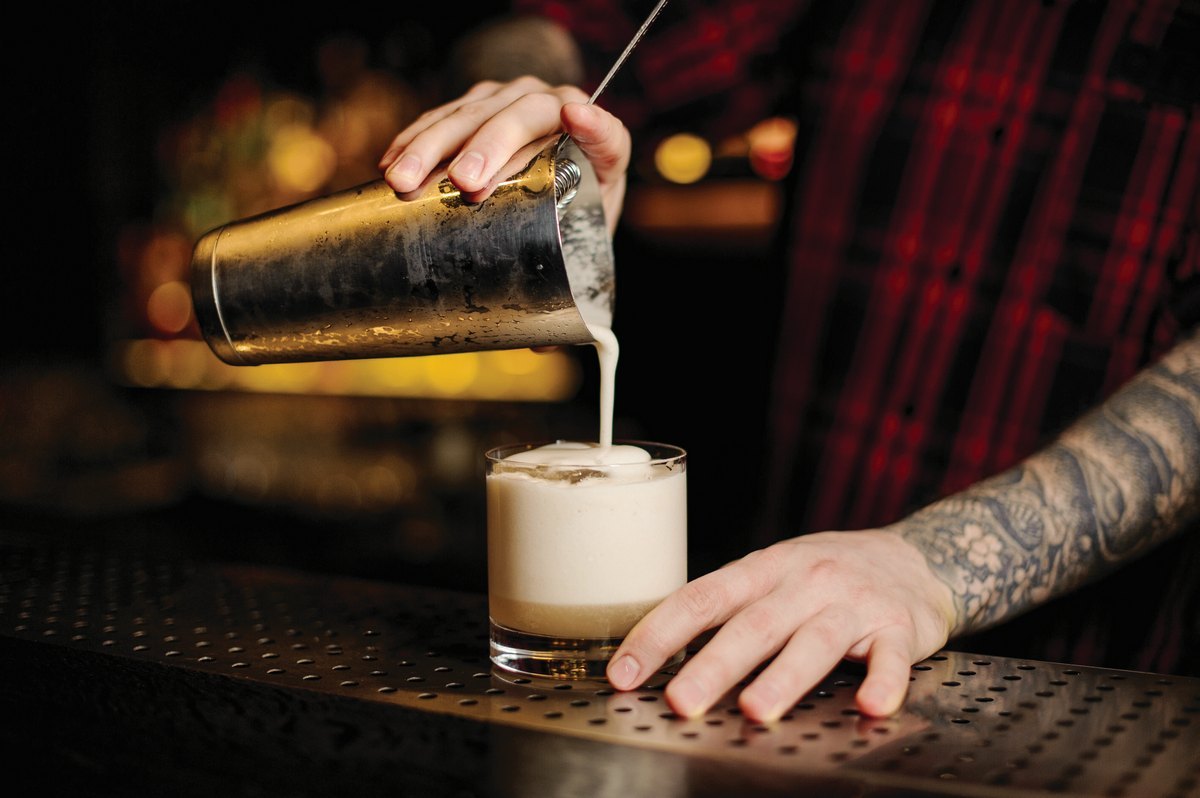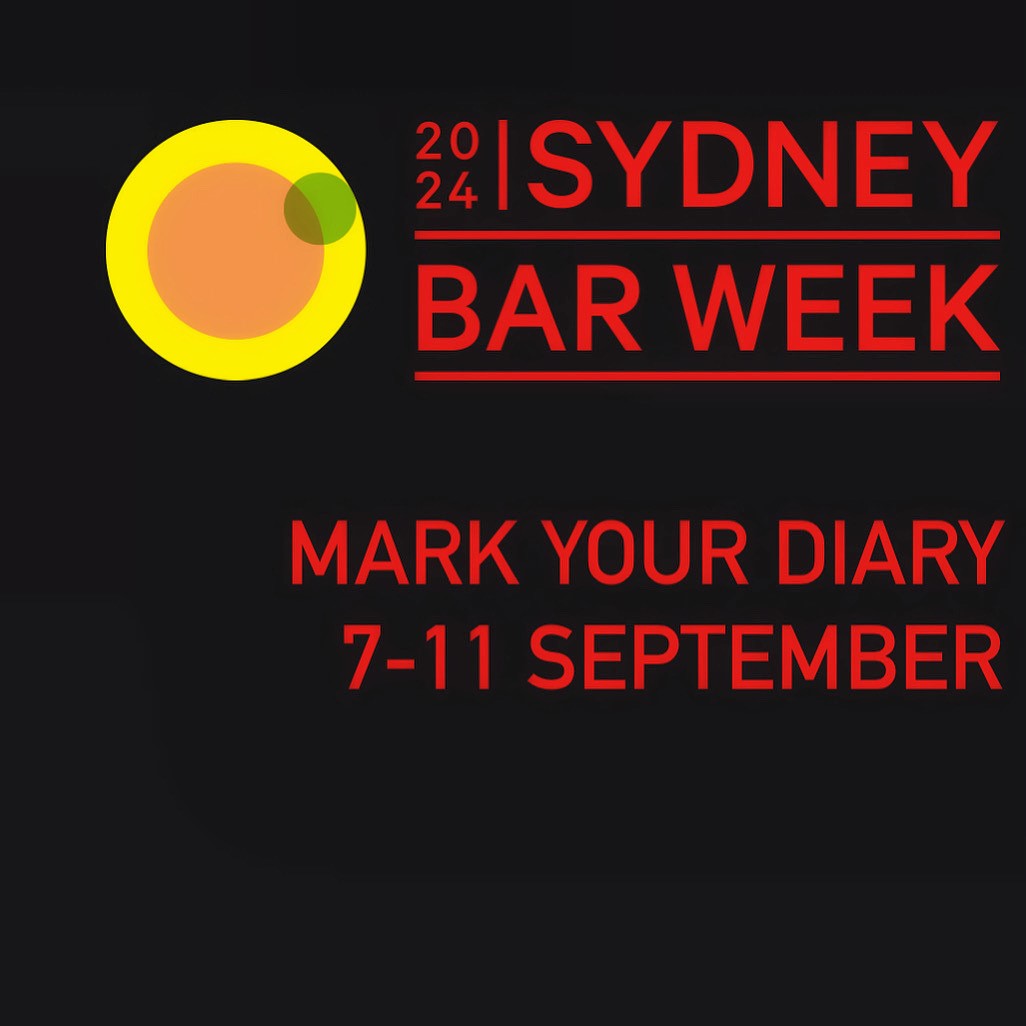
Opening a bar is an arduous process; you become a plumber, a painter, an electrician and more adept at navigating the bureaucracy of local government than you ever wanted to be. However, once the bones are in place, the fun begins – using the company card to set your bar up for success. They say a bad workman blames their tools, but a good bartender understands how important they are. Choosing the right bar equipment can have a massive impact on the speed and efficiency with which you can put up your cocktails, and save many headaches further down the line.
It all starts with the jigger. Quite aside from the legality of free pouring, proper measurement allows for consistency in your drinks and helps control cost of goods. Simple one-shot jiggers are fine for spirit mixers, but cocktail-making requires larger measures. A double-ended (single and double shot) flared jigger, sometimes known as a Japanese jigger, with volume markings on the inside is a good investment as they make it easy to pour different quantities, but they can take a little practice (and a steady hand!) to use. A multi-level or ‘stepped’ jigger, a shot and a half, is easier to handle for novices as spillage is limited – although you can overpour! They are especially good for venues that batch cocktails, though, as they allow you to pour larger quantities in one go.
“Now I’m going to say something controversial: mixing glasses or tins are optional. A Martini or Manhattan stirred in one half of a shaker tin tastes perfectly good to me! If you’d like to use them, mixing tins are becoming more popular – again, they are lighter (although it could be argued therefore less stable) but importantly, don’t chip or smash as glass ones are wont to do in a busy bar.”
Once the measuring is done, we’re on to the mixing. Cobblers and Parisian shaker tins are undeniably beautiful, but they are finicky to use and harder to clean; I tend to keep them for at home bartending. For high-volume cocktail bars, it’s hard to go past a simple tin on tin boston shaker. While the glass ones are good in that you can see what is in it, they are heavier and breakable. Tin on tins are easy to clean, can be stacked to save space, and if you buy multiple of the same brand you can mix and match the tops and bottoms if one goes wandering…which we all know happens surprisingly easily in a bar!
 Now, I’m going to say something controversial: mixing glasses or tins is optional. A Martini or Manhattan stirred in one half of a shaker tin tastes perfectly good to me! If you’d like to use them, mixing tins are becoming more popular – again, they are lighter (although it could be argued, therefore, less stable), but importantly, don’t chip or smash as glass ones are wont to do in a busy bar. Metal also chills drinks faster and slows dilution, so there’s a scientific basis for choosing metal too! A good bar spoon is also important. I prefer one with a smoother texture on the handle, as aggressive ridges can be hard on the hands, and check the volume of the spoon so you can use it for adding smaller quantities of ingredients to your drinks should you wish – most are 5ml.
Now, I’m going to say something controversial: mixing glasses or tins is optional. A Martini or Manhattan stirred in one half of a shaker tin tastes perfectly good to me! If you’d like to use them, mixing tins are becoming more popular – again, they are lighter (although it could be argued, therefore, less stable), but importantly, don’t chip or smash as glass ones are wont to do in a busy bar. Metal also chills drinks faster and slows dilution, so there’s a scientific basis for choosing metal too! A good bar spoon is also important. I prefer one with a smoother texture on the handle, as aggressive ridges can be hard on the hands, and check the volume of the spoon so you can use it for adding smaller quantities of ingredients to your drinks should you wish – most are 5ml.
For strainers, I’m a big fan of the no prong hawthorne strainer. They fit snugly into all manner of tins and glasses, removing the need for a separate julep strainer. However, the lack of prongs make them a little more tricky to handle one-handedly, so a sturdier, pronged hawthorne can be a good option when you’re still finding your way around a bar tin. A fine strainer is essential for straining out smaller chips of ice and any pulp etc from juices or homemade ingredients – texture is key! Just make sure they are rinsed after every use and soaked regularly to help with longevity; there’s nothing worse than a slow pouring strainer to slow you down on service.

Of course, garnishing is a large part of cocktail making so a good, sharp knife and vegetable peeler are necessary parts of your arsenal. I like the serrated Victorinox knives, and they come in a range of colours so each bartender can have their favourite. I have yet to find the holy grail vegetable peeler – suggestions are welcome – but ones with rubber handles are more ergonomically effective, and make sure they are cleaned between uses to keep them sharper for longer. Buy more than you think you need; you’ll never regret having a backup in the cupboard.
Of course, there are a hundred decisions to be made in terms of style and colour finishes, but I’ll leave those to you in matters of taste – classics are classics for a reason, but if a bejewelled bar spoon is calling your name, go for it. This is the fun part, after all!


